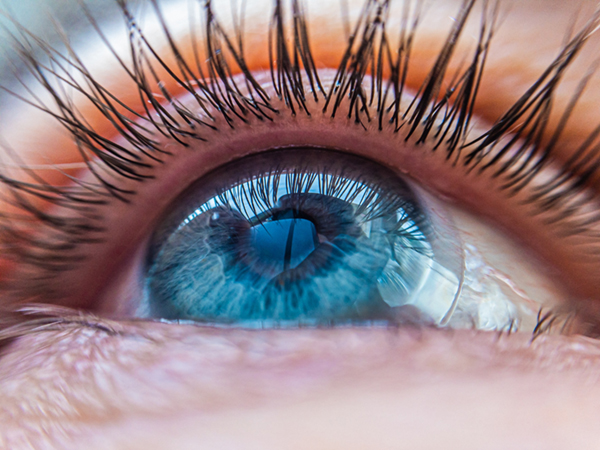Contact Lens Infections

Contact lens infections are on the rise as more and more patients look to replace their glasses with contact lenses. Younger and younger patients are beginning to use contact lenses for more than just their vision correction uses. Most patients are not aware of the damages that can be caused by wearing contact lenses.
There are a number of causes of contact lens infections ranging from poor hygiene to an awkward fit. If you use contacts for vision correction purposes, then you have received a prescription from your doctor. Some patients may use contact lenses for the aesthetic purpose of changing eye colors.
One of the worst complications that contact wearers face is corneal ulcers. A corneal ulcer is an infection by a bacteria, fungus, virus, or parasite that thrives in our environment. Poor contact lens hygiene, sleeping in contact lenses, and keeping lenses beyond their expiration time puts you at the greatest risks for these infections. Eye pain and redness are the earliest signs of an infection and require medical attention immediately. The most notable symptoms are redness, pain and sometimes discharge.
Corneal ulcers can be treated with antibiotics, though they are not always effective immediately. On occasion, patients may have to spend time in the hospital. The worst scenario for a corneal ulcer is that partial to major vision may be lost.
Other Contact Lens Infections
A condition known as Giant Papillary Conjunctivitis can occur as a reaction to contact lens use. The symptoms of GPC include mucus and itching. Once it has been determined that a patient suffers from GPC, contact lens use must stop. With proper treatment, it will begin to clear.
Irritations from solution can also occur in many patients. If you have been using a solution with good results, then resist the urge to change to another simply because it suddenly becomes popular or is priced at a bargain discount. Suddenly changing solution is a big cause of solution irritation.
Practice Good Hygiene
If you’re concerned about contact lens infection issues, then speak with your doctor about it. Maintaining good levels of hygiene is a great start, and never let anyone else touch your contacts or wear them. In fact, avoid any contact with a foreign surface when handling your contacts.
